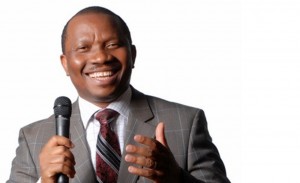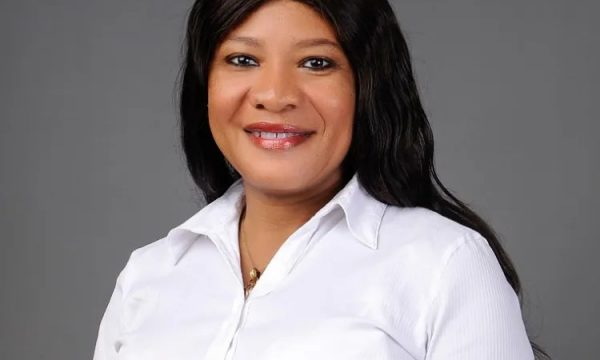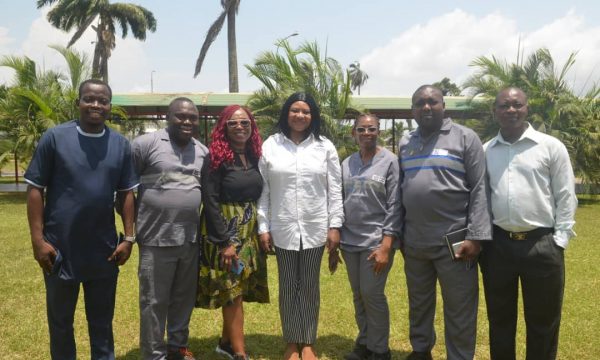As Nigeria prepares to switch over to digital broadcasting in June 2015, the Advertisers Association of Nigeria (ADVAN), the umbrella body for all advertisers that is expected to also receive the impact of the decision, is organising a stakeholders’ forum to discuss the business of broadcasting in post-digital migration era in Nigeria.
The forum put together in collaboration with ACC Broadcast Multimedia Limited, operators of WAWOO Tv, is with the objective to educate the Nigerian advertisers on the scope, effects, challenges and opportunities inherent in the planned but mandatory migration of the broadcast industry from analogue to digital spectrum.
“In 2015, after the migration, the broadcast will change the way Nigerians consume electronic media and that will affect advertising. This will have significant effect in the way we buy and consume media. The forum is therefore to make all stakeholders in the eco-system prepare for the era”, Kachi Onubogu, a member of ADVAN and commercial director of Promasidor, said while unveiling of the plans for the two-day forum billed for January 22 and 23, 2015.
Buttressing his point, Don Petro Obaseki, CEO of ACC Broadcast Multimedia Limited, said major players in the digital migration process have been assembled to provide a comprehensive learning on the migration process and how it will affect electronic media advertising in 2015.
“Aside from the learning derivative, this event, holding at Planet One in Lagos provides an ample opportunity for all involved in the broadcast value-chain to have direct interface with the major purchase-decision makers who make up ADVAN’s membership and who singly and collectively contributed more than 95 percent of N103 billion of total advertising spend in Nigeria in 2013”.
Some of the stakeholders lined up to speak at the forum include Emeka Mba, the director general of National Broadcasting Commission, who will speak on ‘Broadcast and the advertiser in an era of digitisation’, while Don Petro Obaseki will speak on ‘The business of broadcasting in the digital terrestrial broadcast eco-system in Nigeria: the big losers and the big winners’.
There are other lines of discussions that will throw more light on the process.
Obaseki said since the commencement of radio broadcasting service in 1932 in Nigeria as empire service of the British Broadcasting Corporation (BBC) and the establishment in 1959 of Western Nigerian Television (WNTV), the 2015 digital migration of electronic broadcasting will arguably be the singularly most radical and drastic overhaul of broadcasting in Nigeria.





